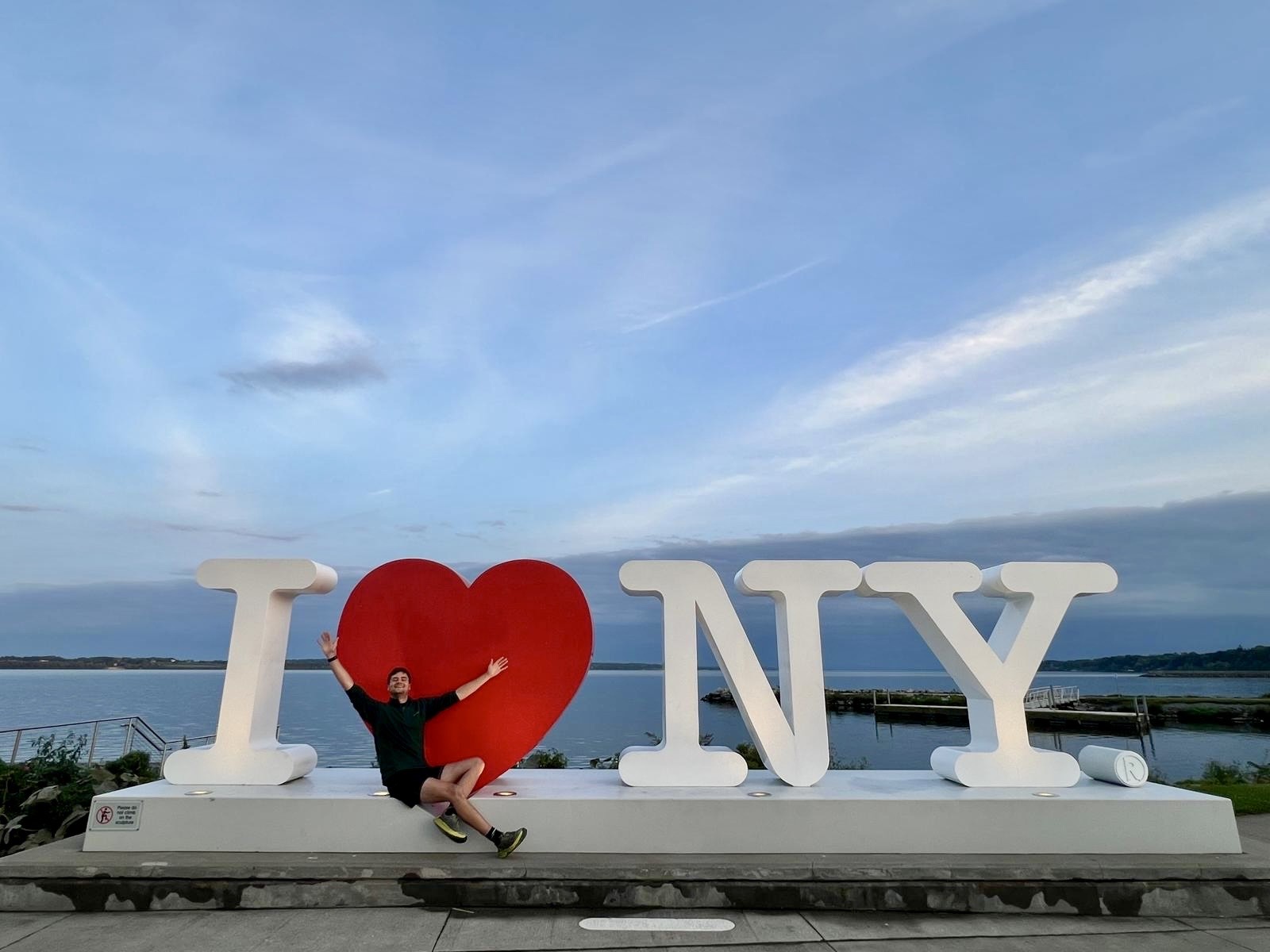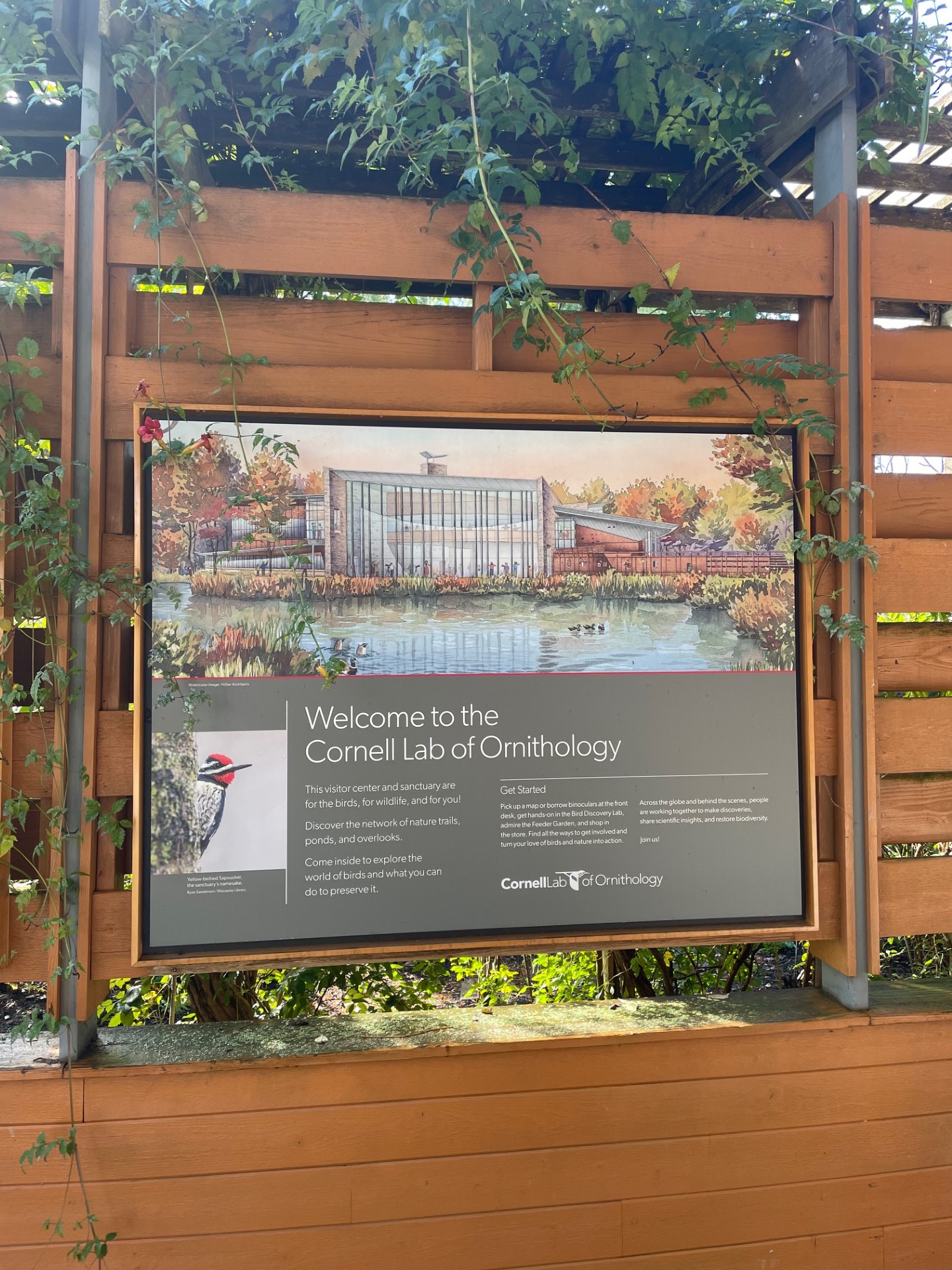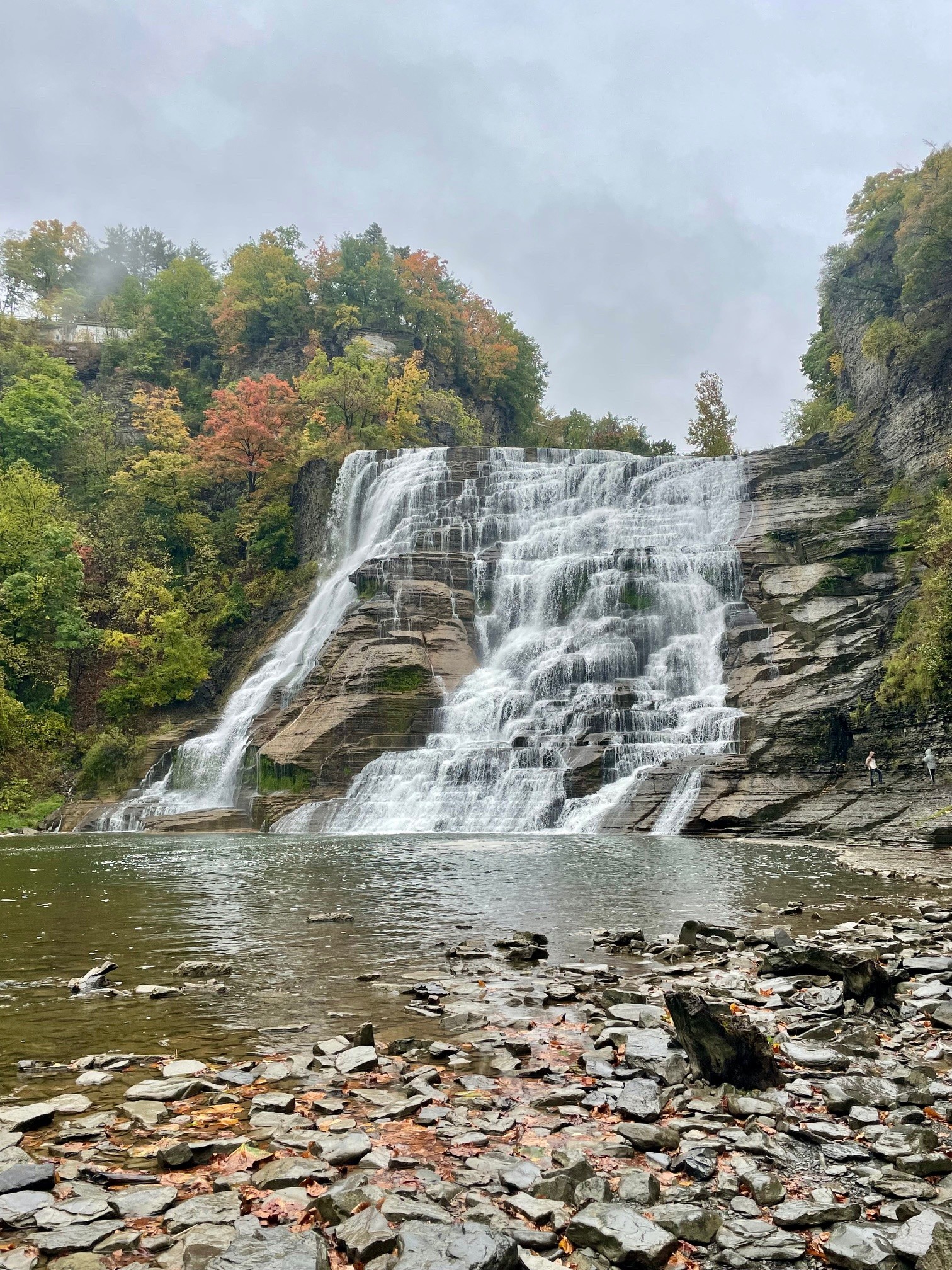Deep Learning for Marine Mammal Bioacoustics
Thomas Webber
Scottish Association for Marine Science
In Autumn (Fall) of 2024 I left sunny Scotland and headed across the Atlantic to one of the best ornithology labs in the world. On the surface, this seems like a rouge choice of labs to visit, given I specialise in marine mammal acoustics. The Cornell lab of Ornithology however is home to the K. Lisa Yang Center for Conservation Bioacoustics (https://www.birds.cornell.edu/ccb/). This centre outputs some impressive cutting-edge research surrounding the use of sound to study the ecology of vocal animals. From birds and insects, to elephants and whales. This cutting-edge research includes the use of deep learning to process enormous acoustic datasets to find animal vocalisations.

My own PhD aims to use deep learning in a similar way. The goal being to find the vocalisations of Risso’s dolphins from a large network of underwater microphones (compass-oceanscience.eu), in a dataset that would take over 10 years to listen to in real time. I came to the lab with a deep learning model I (very much a biologist) had developed, ready to test and break it with the hope of improving the model before its deployment.
I was welcomed into the centre and immediately introduced to other researchers who are interested in big marine datasets with the goal of also identifying vocalisations down to the species level. I was fortunate enough to be given access to these large datasets to compare how my model, trained on data from the north-east Atlantic performed on data from the north-west Atlantic and the north-east Pacific. Both these new datasets contain different species, and potentially different vocalisations even from the same species. I was able to learn and compare different methods in signal processing to be able to answer this seemingly simple question of what animal makes that noise.

After testing the model on new data and working with others at the lab to improve the model, I have now started running the model through its primary use case, the COMPASS dataset. While I have greatly enjoyed my dive into deep learning, I am looking forward to jumping back into using these outputs to study the ecology of Risso’s dolphins in Scottish waters.
Before I made the jump back to ecology however, I was fortunate enough to be introduced to Maha Assarzadeh based at the University of Chemnitz. Maha specialises in explaining how typically ‘black box’ deep learning models make their decisions and was able to help me apply a method known as occlusion-based saliency mapping to my own model, allowing us to gain a deeper insight into how the model works.
This was not only my first trip to Ithaca, but my first to the United States. So, when I could, I made full use of my time, making sure to do as much sightseeing as possible. I was fortunate enough to be alongside several other visiting PhD students, exploring lots of waterfalls, forests and lakes.

I am extremely grateful to the Challenger Society for their contribution to make this visit to the Cornell Lab of Ornithology possible. I have not only improved my own knowledge and the outputs for the PhD, but I have also been fortunate enough to meet some inspiring researchers, both those who are well established and those just starting out in their career.
Profile:
I am a marine ecologist with a keen interest in using acoustics to study marine mammals. Currently pursuing my PhD, my research focuses on investigating the occurrence of Risso's dolphins along the west coast of Scotland by employing passive acoustic monitoring. I am developing a deep learning classifier to detect Risso's dolphin vocalizations within a large acoustic dataset, which will enable me to model their distribution patterns. A key objective of my work is to provide policymakers with evidence-based recommendations for effective monitoring and management strategies to protect Risso's dolphins in Scottish waters.
Latest News
Royal Society Publishing Photography Competition 2025
Please see a message from the Royal Society below:
We are delighted to announce that the 2025 Competition is now open for entries until 15 August for a chance to win £1000! The competition celebrates the power of photography in conveying the wonder of science happening all around us and photographs can be submitted in the categories of: Astronomy, Behaviour, Earth Science and Climatology, Ecology and Environmental Science, and Microimaging.
The competition is free to enter and open to anyone studying or working in science at graduate level or above. Category winners will receive a one-year membership to the Royal Photographic Society and the overall winner will receive a grand prize of £1,000. Find out more: https://bit.ly/RSPphotocomp
October 2025 MEDIN Workshop: Marine Data Management, Governance and the MEDIN toolset
The Marine Environmental Data and Information Network (MEDIN) are pleased to announce that registration is now open for the next occurrence of our popular free online training workshop: ‘Marine Data Management, Governance and the MEDIN toolset’ on the 13th – 17th October 2025 on OceanTeacher Global Academy.
Marine Data Management, Governance and the MEDIN toolset
The Marine Environmental Data and Information Network (MEDIN) and OceanWise are delighted to invite you to attend our popular free online training workshop: ‘Marine Data Management, Governance and the MEDIN toolset’ on the 19th – 23rd of May 2025.
